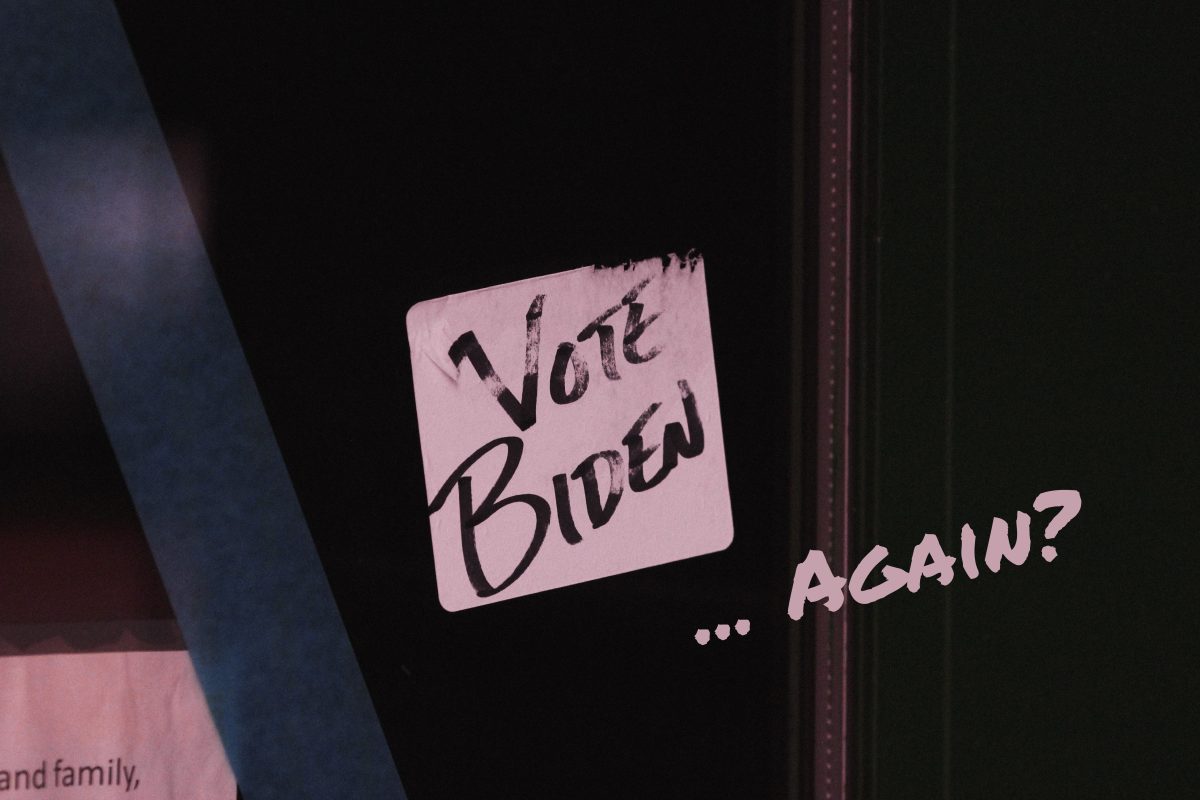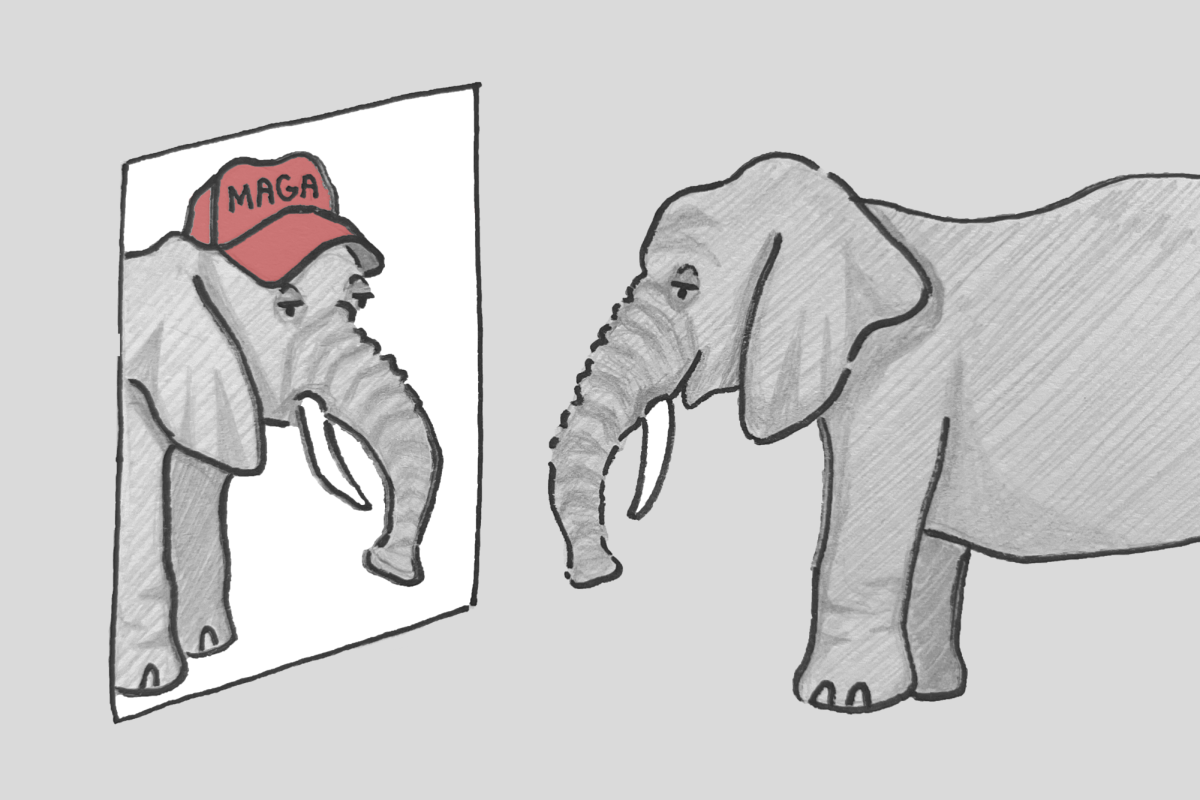The traditional belief in political science is that the incumbent candidate usually has a significant advantage over their challenger. However, the incumbent advantage for current U.S. President Joe Biden’s 2024 campaign has disappeared in the last two years of his administration. With 77% of Americans saying that Biden is too old for another term, Joe Biden has a perception problem that has lingered since the 2020 primaries. This problem of age, compounded by inflation and international conflict, has increased the likelihood that Biden’s bid for four more years will end in failure if he is pitted against candidate Donald Trump.
It can be argued that an unpopular incumbent president in the form of Donald Trump was what won Biden the 2020 election, not necessarily Biden himself. This is evidenced by the fact that a poll conducted in October 2020 found that compared to 2012, there was a 13% increase in Democratic voters who were “afraid of what would happen if their candidate did not win.” In addition, compared to Democratic voters, twice as many Republican voters were “very enthusiastic” about their candidate. However, Trump’s limited popularity may not save Biden in the upcoming election as Biden begins to take on the role of an unpopular incumbent president while struggling to keep his head above the waters in the polls. Following his inauguration, Biden maintained high support in 2021 with a 54% approval rating, but after a botched withdrawal in Afghanistan, it fell sharply to 44-45%. With inflation reaching its peak in late 2022, his approval rating fell even more to a record low of 37%.
However, Biden has taken some actions that the average left-leaning citizen would support. He picketed with UAW workers striking against car manufacturers, and his economy has been statistically strong as inflation has subsided. This is with the caveat of his approval of the Willow Oil Project and his administration’s treatment of migrants at the border just 30 miles away from the UC San Diego campus, turning away from progressive policy. Most recently, Biden’s unrelenting support for Israel has turned off progressive voters, as seen by a 11 point drop in approval among Democrats. Still, despite lower inflation and a strong job market, Trump leads Biden by two points according to polling published by Emerson College.
Casting another shadow on Biden’s campaign for re-election is the issue of his age. During the 2020 presidential race, the public’s concerns around Biden’s age were alleviated with suggestions of an eventual passing of the torch where Biden would step down following his first term and leave it to Democratic voters to choose a new nominee. Arguably, younger voters saw him as a temporary band-aid on democracy and the progressive pitch for Biden in the 2020 general election was that of a transitory president. A 2019 Politico report during the campaign read, “According to four people who regularly talk to Biden, all of whom asked for anonymity to discuss internal campaign matters, it is virtually inconceivable that he will run for re-election in 2024, when he would be the first octogenarian president.”
Moderate Republican candidates such as Nikki Haley lead Biden in hypothetical head-to-head matchups, suggesting Biden’s general unpopularity could lead to a loss. Haley was quoted suggesting that voters are craving a “new generational leader.” Even among Democrats, Biden remains relatively unpopular, with 82% of Democrats polled wanting “someone other than Biden.” Another 69% of Democrats believe Biden is simply too old to be president.
A common talking point for keeping Biden is that there is a lack of an alternative candidate, but Biden and the Democratic Party have failed to offer the torch. Even progressives such as Rep. Alexandria Ocasio-Cortez (D-NY) and Sen. Bernie Sanders (I-VT) have endorsed Biden, wanting to keep the Democratic party united in the face of a fractured Republican Party. However, if Democrats want to avoid another Trump presidency, they should be looking toward a replacement, not a recommitment.
Despite this, establishment Democrats have mistakenly directed their focus towards the threat of third-party candidates to Biden’s campaign. Hillary Clinton, who ran for president in 2016 and lost to Trump, reportedly cautioned Biden about the potential third-party bid of Senator Joe Manchin as a candidate of the No Labels Party, the independent candidacy of Robert F. Kennedy Jr., and Green Party candidate Cornel West.
There are some murmurs of concern among less prominent Democratic politicians. A recent example is Minnesota Rep. Dean Phillips (D-MN) who announced a primary challenge against Biden. Phillips believes that Biden’s age could be a “disaster,” aligning with the sentiment of the general public. In addition, Marianne Williamson has been campaigning against Biden for the Democratic nomination as a progressive alternate, but has failed to gain traction in the face of the DNC’s stalwart defense of Biden.
As of now, the question of who would replace Biden is left unanswered. However, with a year left until the Democratic National Committee and the 2024 general elections, there is still time to nominate an appropriate candidate and rally support around them. Otherwise, the Democratic party risks losing another election to Trump.







